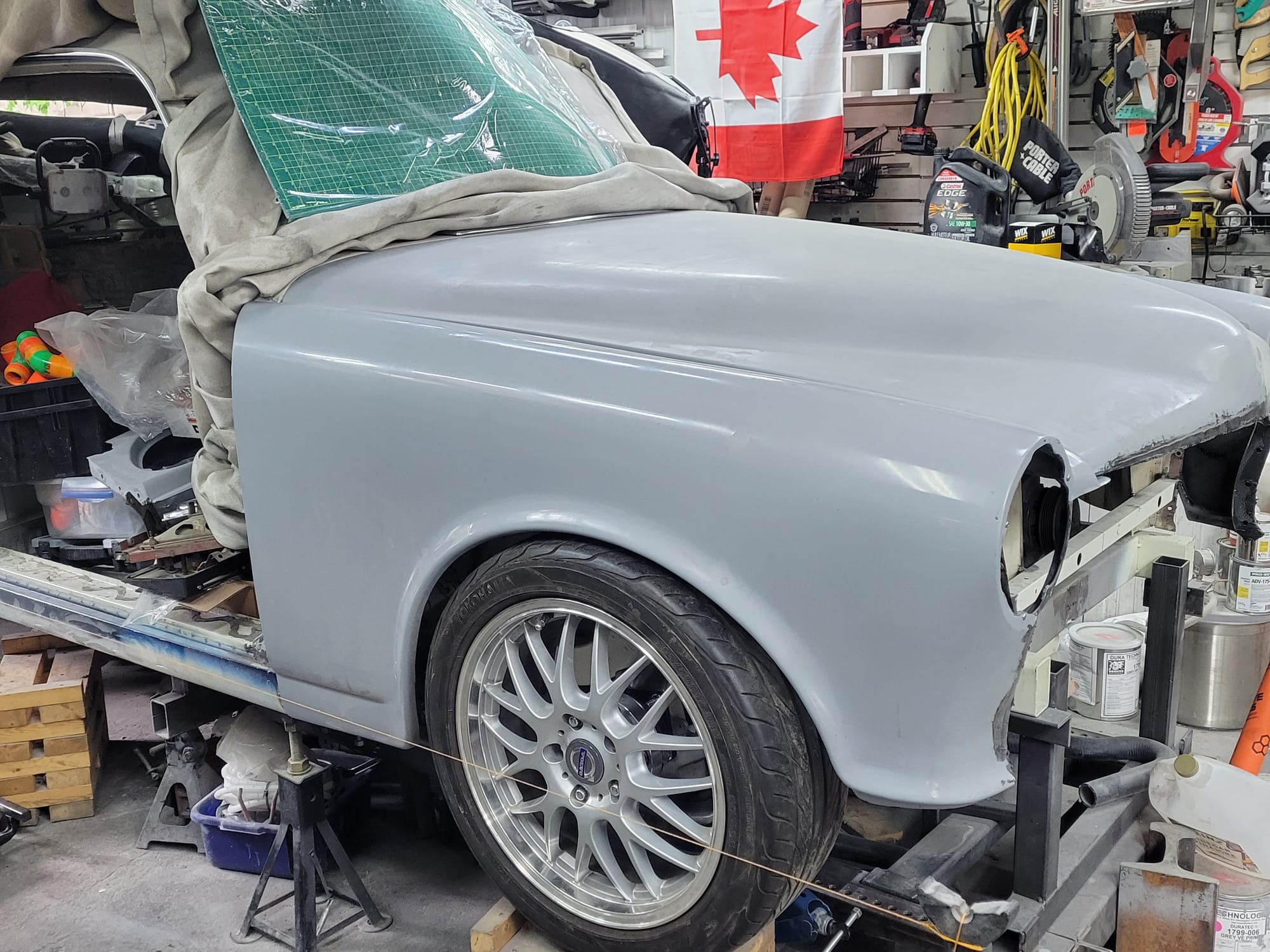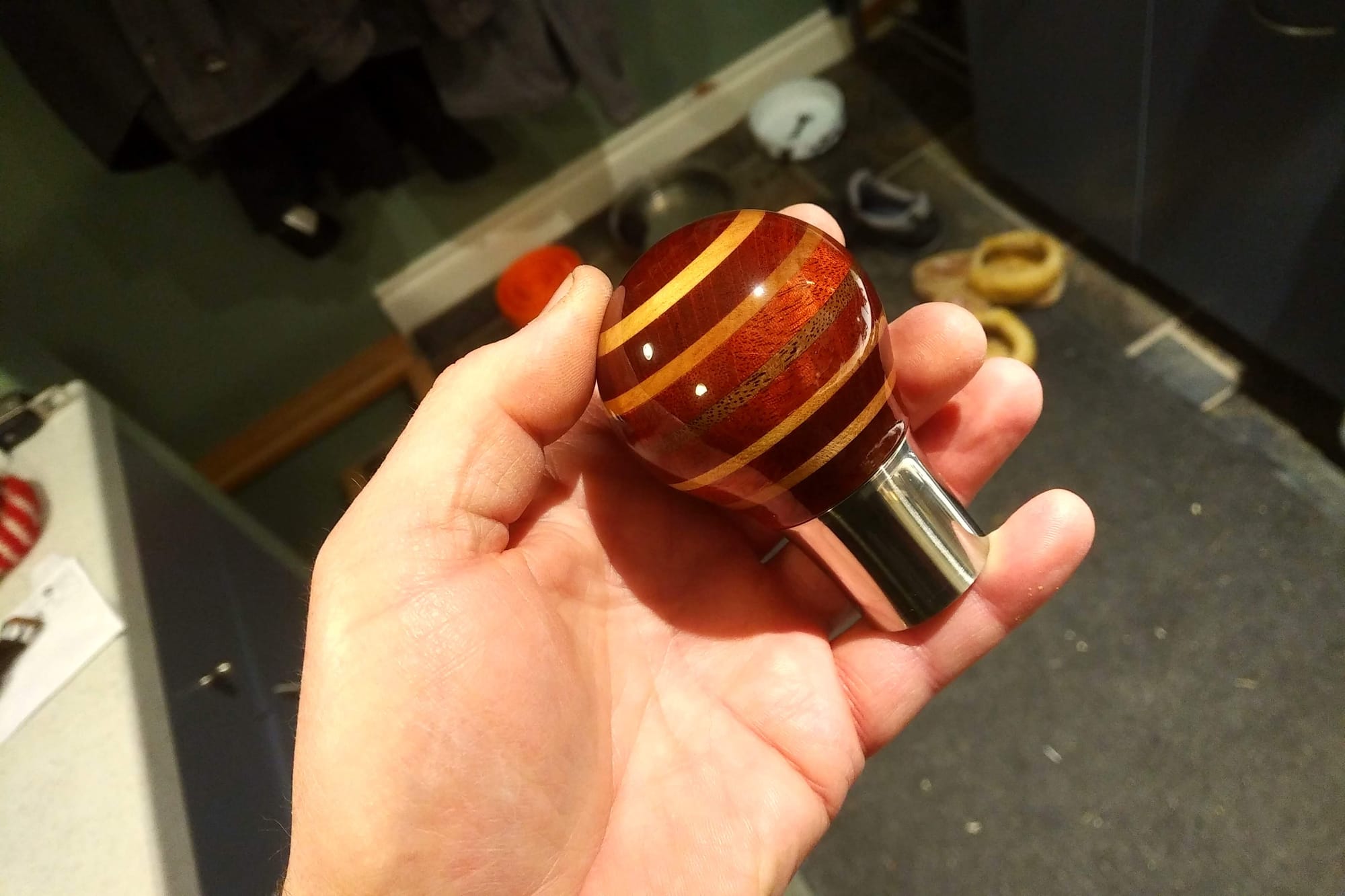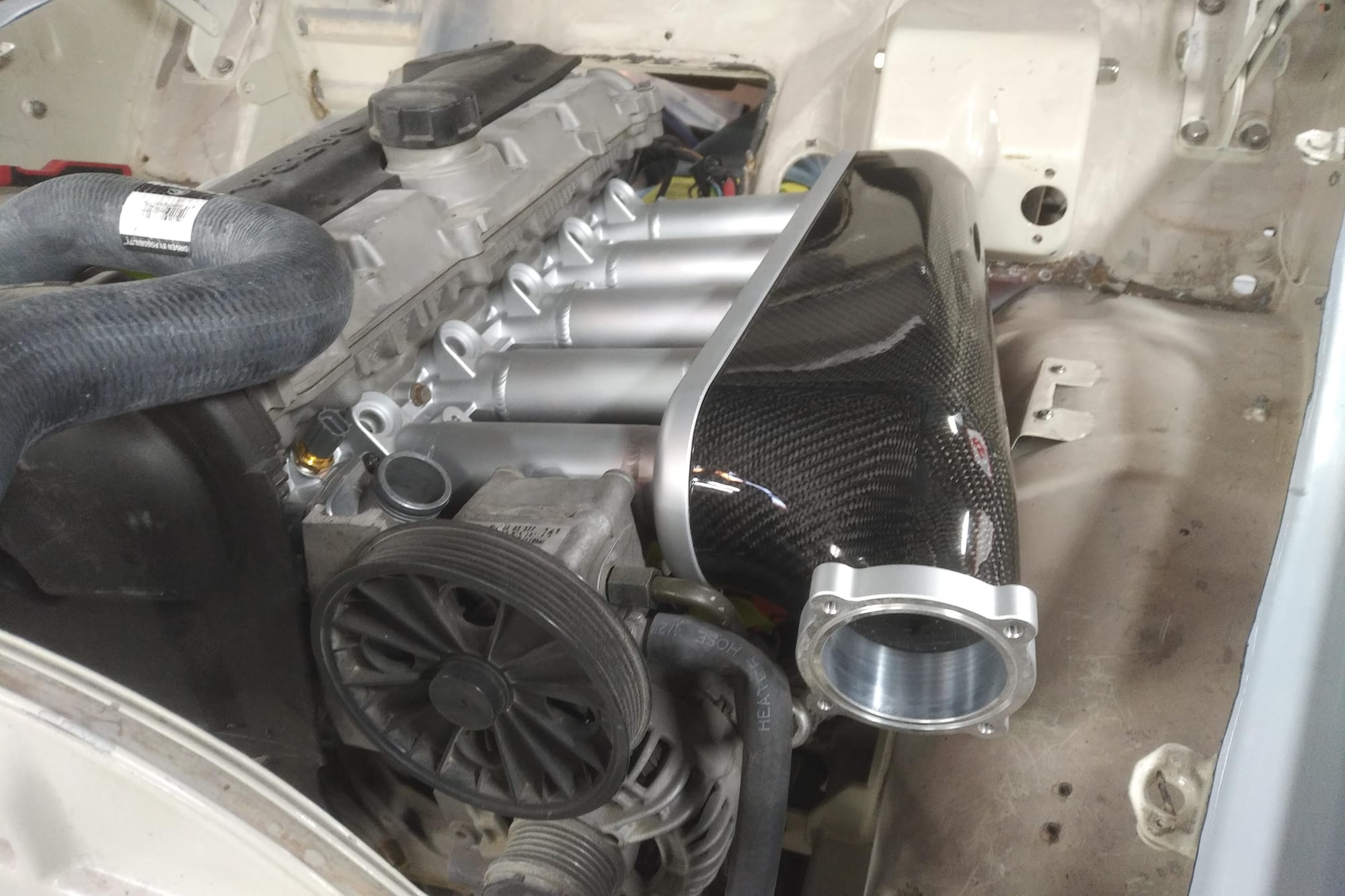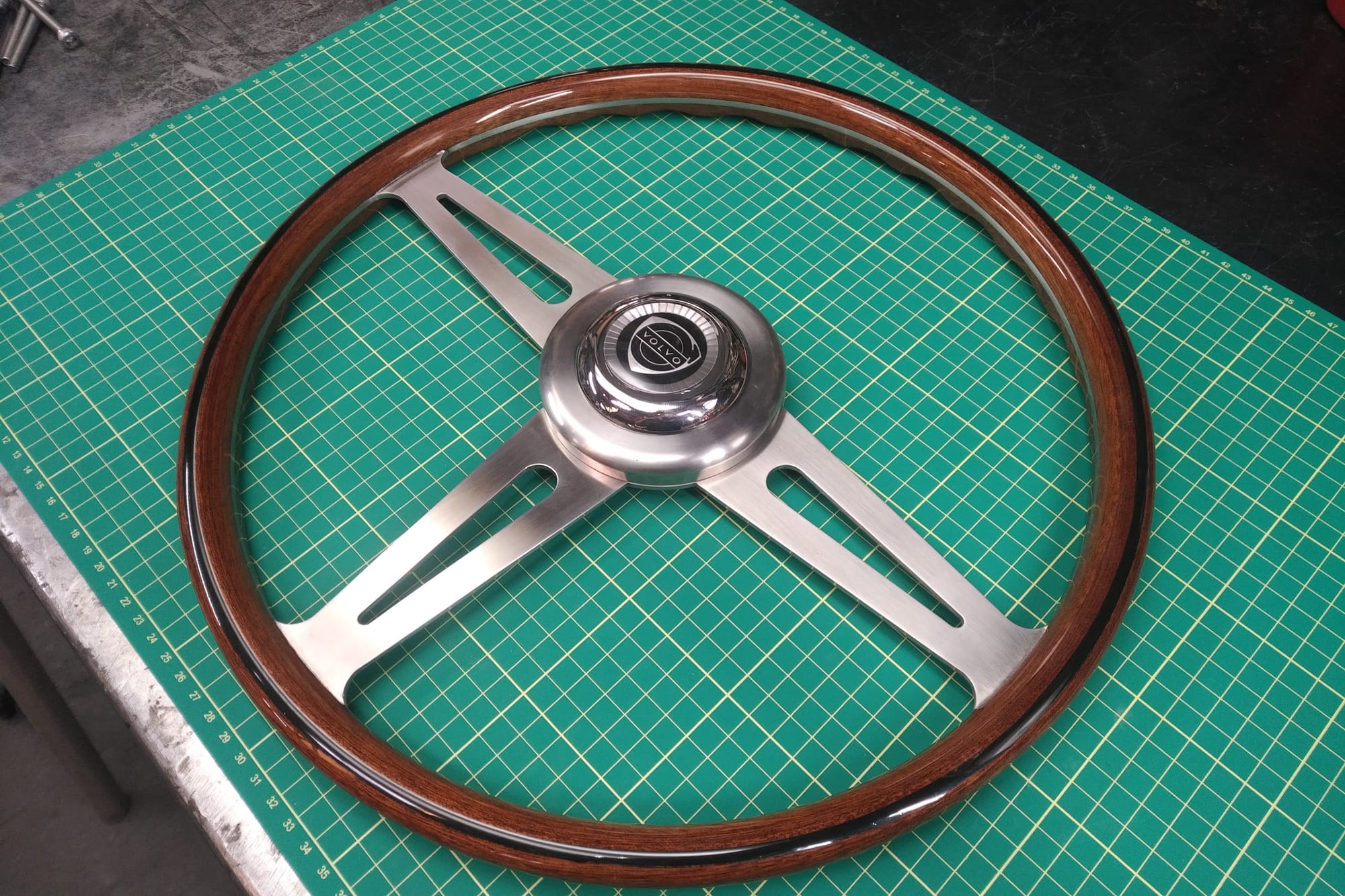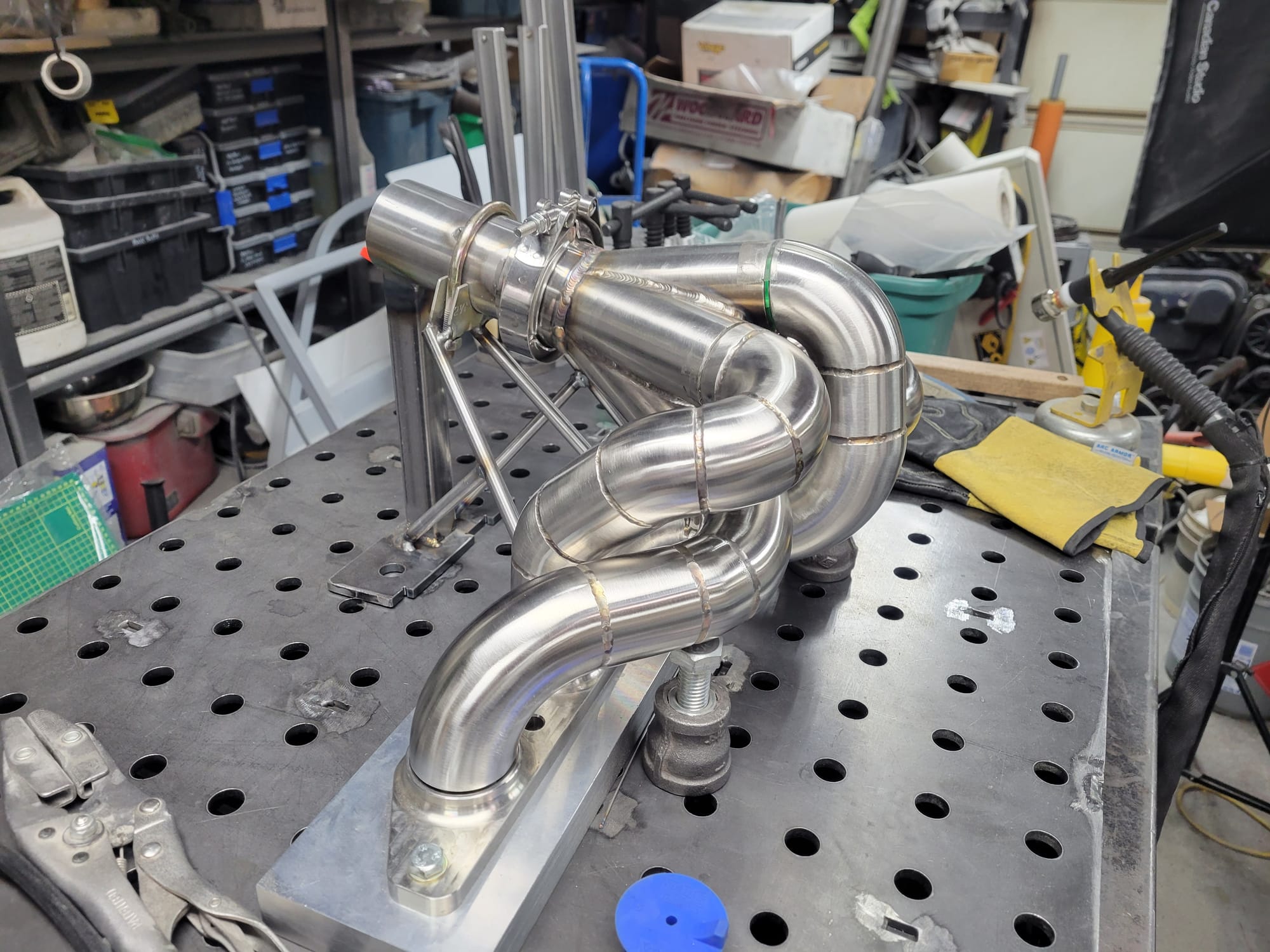Tell us a little bit about yourself.
I am originally from Brandon, Manitoba, on Treaty 1 Territory. After completing high school, I started my educational journey at the University of Saskatchewan. I have run my own business, worked as a welder/fabricator and carpenter. These jobs allowed me to attend university and, while non-traditional, I benefited from the experience. Having to spend a full day at university and work most of the night to make rent was and is a student reality. There were very few faculty positions when I completed my PhD, and I had almost given up hope that I would ever get an interview, let alone a job. I saw the advertisement looking for term faculty to teach in programs that were part of the Alberta Access Funding — a response to the Klein cuts to post-secondary that I fought against as a student while at the University of Alberta. Because I had to take on many jobs as a student (including research assistant positions in unrelated fields), I had a pretty diverse set of skills. These term positions were set very broadly and were meant to grow capacity. I sent in my application as one of the last that I was going to submit because I was defending and needed to get serious about a job. I got a phone call from the Department Chair (Prof. Ian MacLachlan), and I was the successful candidate. One interview from five years of looking — I'm forever grateful I decided to toss my hat in the ring one more time. Never quit.
How long have you been at ULethbridge, and what do you do here?
I started at ULethbridge in 2002, so 23 years ago, on a term Assistant Professor contract. My research focuses on the fundamentals of remote sensing, which is the science that underpins most of the geographical data used to map and monitor our planet (and others). I have always enjoyed understanding the way things work and have designed and built many remote sensing imaging systems (from drones, high-altitude balloons to airplanes), and I work on parts of the science where we need a better understanding of what we are seeing from space. I’ve innovated unique instruments that gather vast amounts of data to help us understand what sort of information we can collect from remote sensing. This work often involves calibration and validation of remote sensing for global-scale sensing systems.
What's the best part of your job?
Our students. No question. Their energy and inquisitive nature keep you on your toes, and being able to be part of their educational journey is an honour.
What do you enjoy doing outside of work?
Outside of work, I can be found in my garage building cars. My current project is re-engineering a 1966 Volvo Canadian originally purchased in Lethbridge. I bought this car in 2006 and restored it, then I decided to see if I could transform it into something more modern. I’ve designed my own suspension, crafted the body from carbon fibre and have added a modern drivetrain. It’s been a great learning experience, and I’m taking my time and doing all the work myself. When done, it will be driven and enjoyed. The challenge of setting off on a project that is way too big and complicated is what keeps me interested. I'm always learning.
